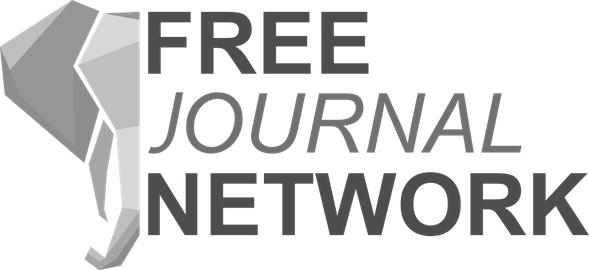Today the Gates Foundation announced that they will “cease support for individual article publishing fees, known as APCs, and mandate the use of preprints while advocating for their review”. I am excited by this news because over the last couple decades, it’s been disheartening to see large funders continue to pour money down the throats of high-profit multinational publishers .
In their announcement, the Gates Foundation has recommendations for research funders that include the following:
Invest funding into models that benefit the whole ecosystem and not individual funded researchers.
They also state that funders, and researchers, should support innovative initiatives that facilitate peer review and curation separately from traditional publication.
Diamond OA journals, which are free to authors as well as readers, clearly fit the bill, as well as journal-independent review services such as Peer Community In, PreReview, and COAR-Notify. I’m an (unpaid) advisory board member of the Free Journal Network, which supports (and does some light vetting of) diamond OA journals. I’m also an associate editor at the free WikiJournal of Science, Meta-Psychology, and the coming Meta-ROR metascience peer review platform. All of these initiatives are oriented around providing free peer review of preprints.

Such initiatives have had trouble attracting funding, as have preprint servers, despite the enormous benefit preprint servers have provided of rapid dissemination of research; much faster than through journals.
Because of how agreements like Germany’s DEAL (and Australia’s planned deal) facilitate publisher lock-in, my favorite episode in the history of such negotiations is the extended periods when German and Californian universities did not have access to Elsevier publications, pushing them away from Elsevier rather than toward it. As Björn Brembs and I wrote in 2017, the best DEAL is no deal. When funders have an agreement with them, researchers are unfortunately pushed toward high-profit, progress-undermining publishers like Elsevier as in that case publishing with Elsevier is free, while it may not be with more progressive and lower-cost publishers. And as an Australian colleague was quoted saying, the proposed agreement with Elsevier would “enshrine a national debt to wealthy international publishers, who were likely to tack on hefty increases once an agreement was reached.”